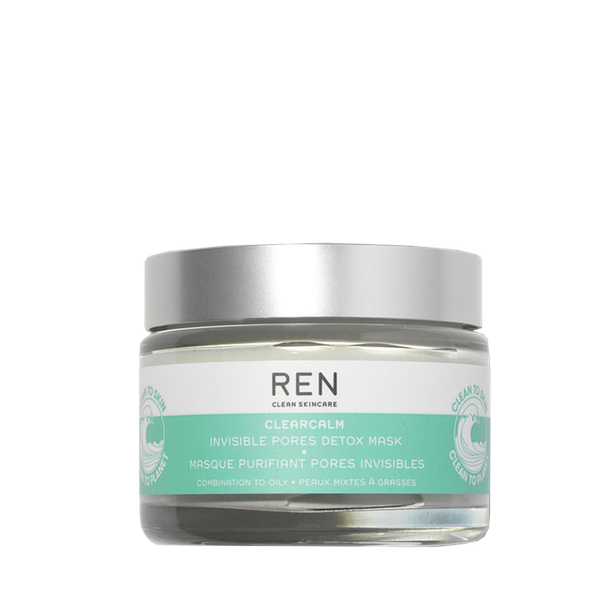A Man’s Guide To Face Masks
Why would you use one?
“Masks are useful anytime you need a deep action treatment that will give instant results. They can be moisturising, cleansing or glow-giving – there are masks for every concern.” – Marc Briant-Terlet, co-founder of Horace
“They’re one of the easiest ways to improve your skin condition, though it’s important to remember that face masks are only one step in your skincare regime. Use them in addition your everyday routine.” – Ieva Strautniece, Gentlemen’s Tonic
How do you choose which mask you need?
“Pick one based on your current concerns. If your skin is super dry, get a moisturising one. If your skin has blemishes, get a purifying one. Trust yourself or ask for advice if you are really unsure.” – Marc
What’s the difference between a face mask and a professional facial?
“Using a mask at home will extend and maintain the results of your skincare regime. If you have a facial using professional products, your skin is deeply cleansed and massaged. Facials normally use active ingredients that can reach the deeper layers of the skin.” – Ieva
How often should you use a mask?
“It depends. You can use sheet masks up to four times a week. Cleansing, clay-based masks are recommended for use once a week.” – Ieva
When’s the best time to use one?
“Either morning or evening, but they are best after a shower, when skin is clean and pores are opened – this will improve results.” – Ieva
Do you need to shave beforehand?
“It’s best to shave and exfoliate before. By shaving, you will ensure the mask works on a beard too. Exfoliating will improve the mask results as your skin will be free from dead skin, allowing it to go deeper into the skin.” – Marc
Any side effects to be aware of?
“You may feel a slight tingle and tightening feeling while the mask is on, and you could have mild redness for 10 to 20 minutes after removing it, but this is all quite normal.” – Ieva
Any key ingredients to look for?
“It depends on the type of results you want. If you are looking for a glow mask, look for AHAs. For purifying or anti-blemish, look for salicylic acid or clay. For moisturising, try avocado based.” – Marc
“The active ingredients you want include hyaluronic acid, vitamin C, amino acids, collagen, enzymes and natural oils.” – Ieva
What if you have sensitive skin?
“Make sure the product is gentle. If you are unsure, try a small amount on your face. If it feels itchy or starts burning, remove and do not use.” – MarcAre there different masks for different ages?
“As we age, we lose moisture in our skin and volume, so the main focus should be on hydration. The best anti-ageing masks are the one that contain hyaluronic acid and collagen.” – Ieva
Sheet masks versus peel-off masks – anything you need to know?
“Sheet masks are usually hydrating and will deeply moisturise the skin. A peel-off or scrub-off mask is normally a cleansing one that helps to remove dead skin cells.” – Ieva
“Sheet masks are good as long you do not have a beard, otherwise they tend to fall off. Always look for eco-friendly solutions.” – Marc
And finally, what’s the best mask for hungover skin?
“After a heavy night, your skin and body are dehydrated – same as if you’d been on a long-haul flight. The best masks for this are hydrating sheet masks because they usually contain ingredients that help restore hydration and protect the skin. Just remember not to leave the mask on for longer than recommended. If a sheet mask is left on for too long and starts to dry out, it might start to draw moisture from skin.” – Ieva
The 7 Types Of Mask To Know
BRIGHTENING
Great for dull skin or skin with excess pigmentation. These even out skin tone and offer an instant radiance boost which leaves skin looking refreshed.
PURIFYING
These peel-off masks normally contain activated charcoal to draw out impurities. They’re especially good if you have oily skin and are prone to congestion and breakouts.
EXFOLIATING
Good for removing dead skin cells from all skin types, so go for one of these if your skin is looking dull. They usually contain enzymes and fruit acids for gentle exfoliation.
CLAY
These are for oily, acne-prone skin with blocked pores. They absorb excess oils, unclog pores and reduce the appearance of enlarged pores.
MOISTURISING
If your skin is feeling tight, like it’s craving hydration, then go for a moisturising option. These are great for all skin types and will often use humectants like glycerin to pull moisture into your skin.
NOURISHING
Rich with a creamy consistency that helps boost suppleness and elasticity, these often contain oils and are best for dry, flaky skin.
GEL
Great for oily, dehydrated skin because they are not too heavy, don’t contain oils and will not congest the pores.
For more from our contributors, check out Horace.com and GentlemensTonic.com
Shop The Face Mask Edit
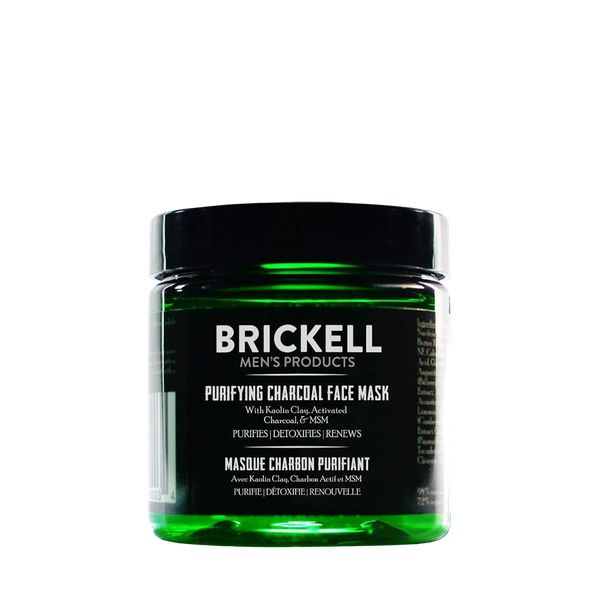
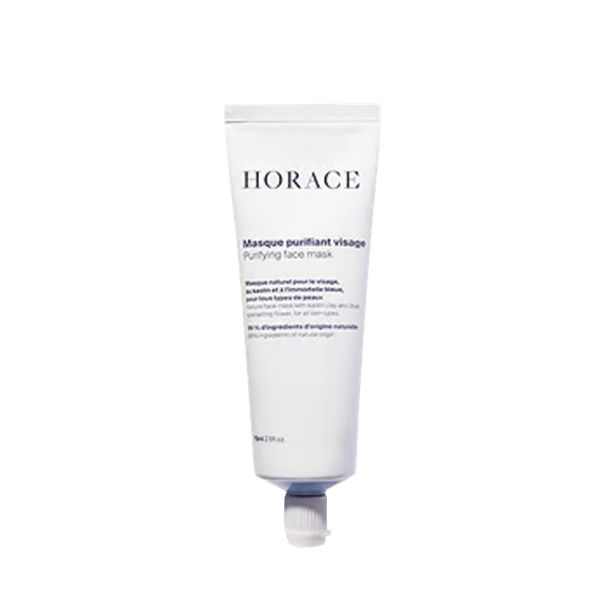
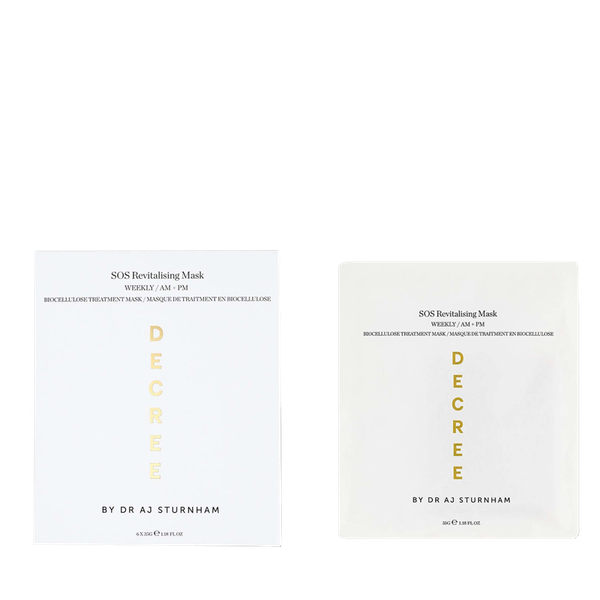
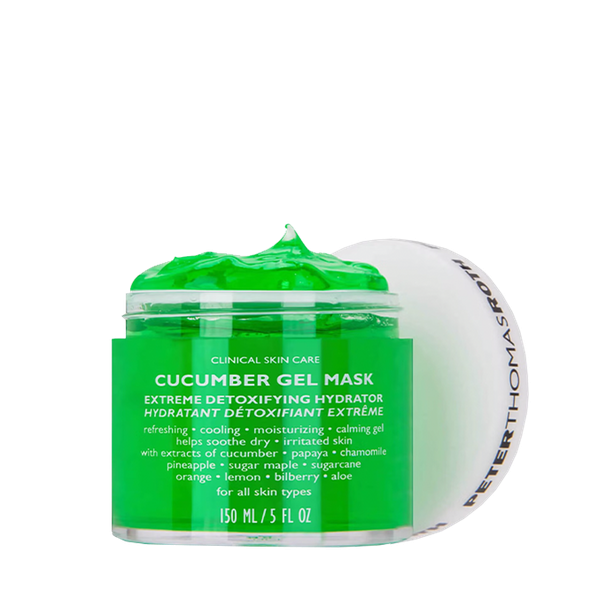
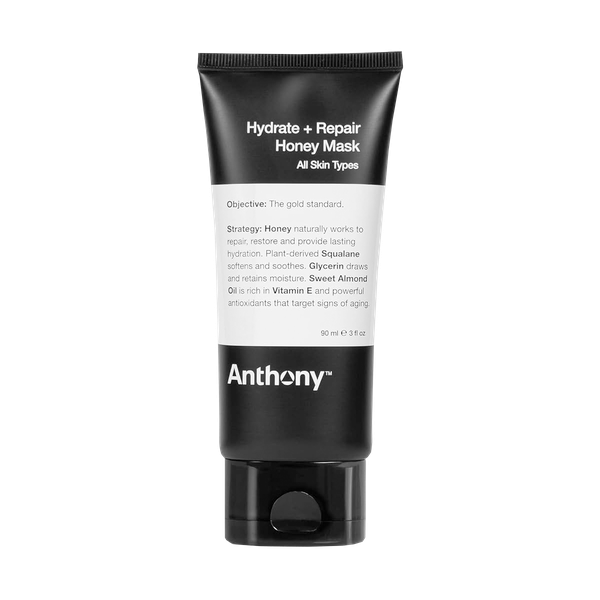
All products on this page have been selected by our editorial team, however we may make commission on some products.
DISCLAIMER: We endeavour to always credit the correct original source of every image we use. If you think a credit may be incorrect, please contact us at [email protected].

